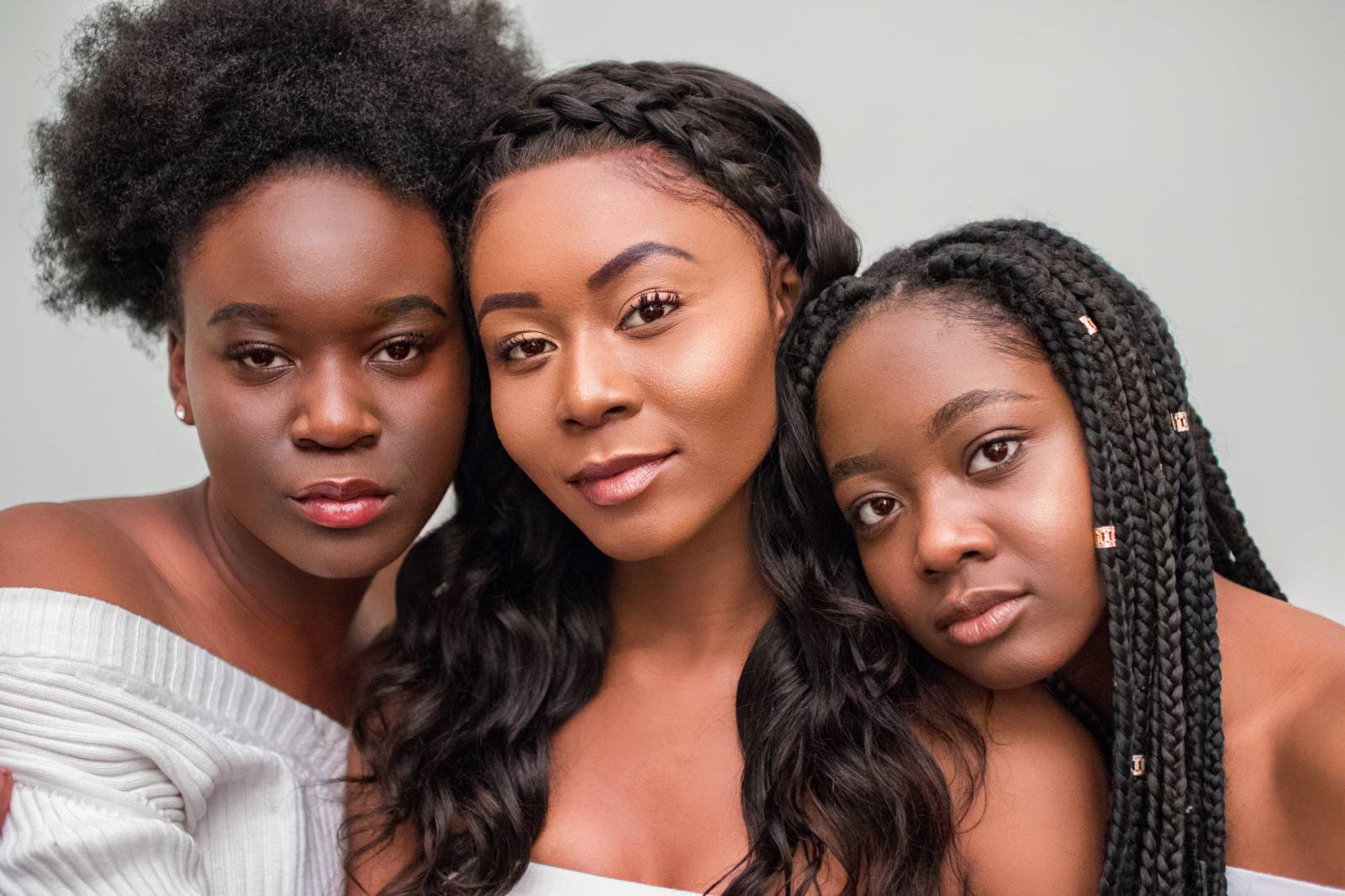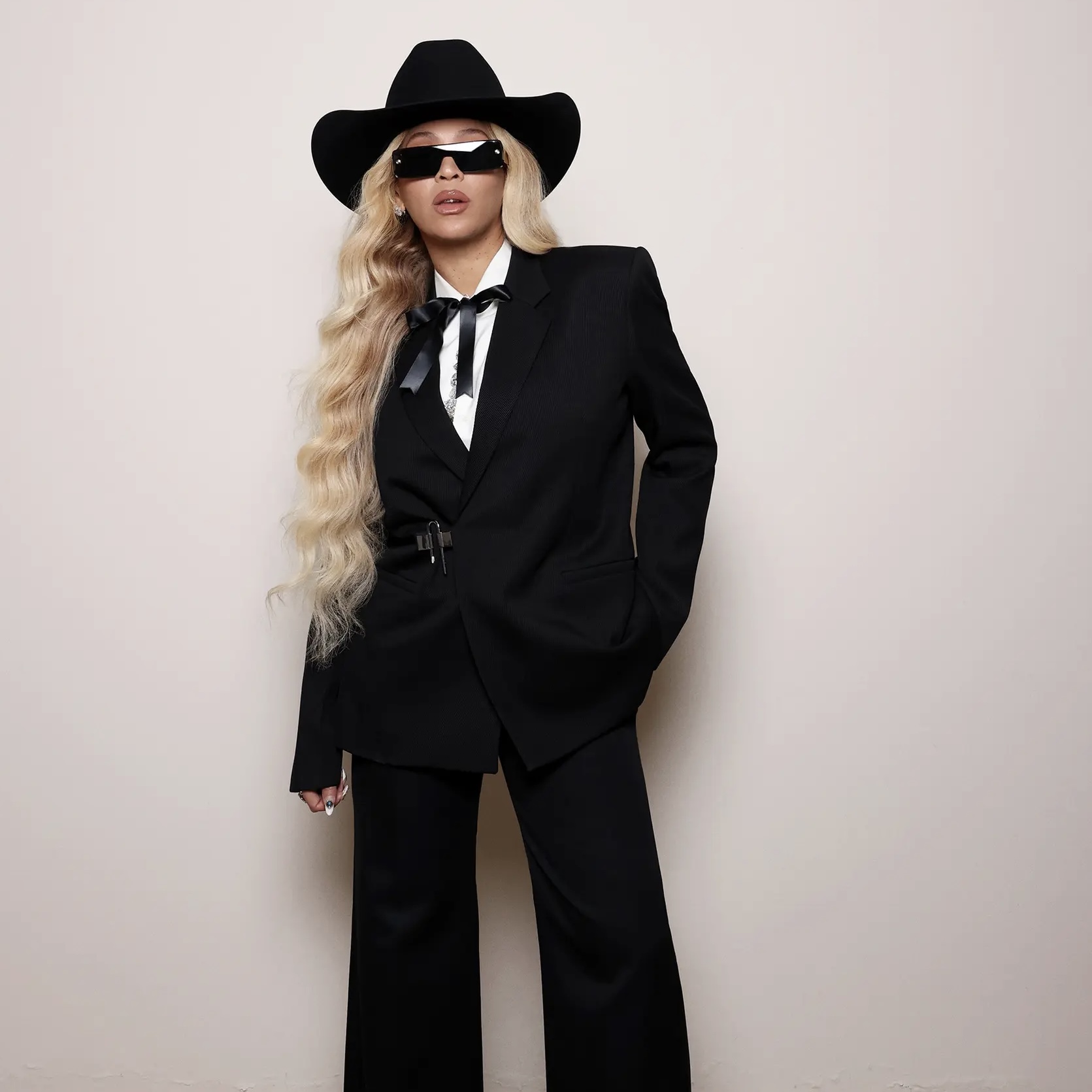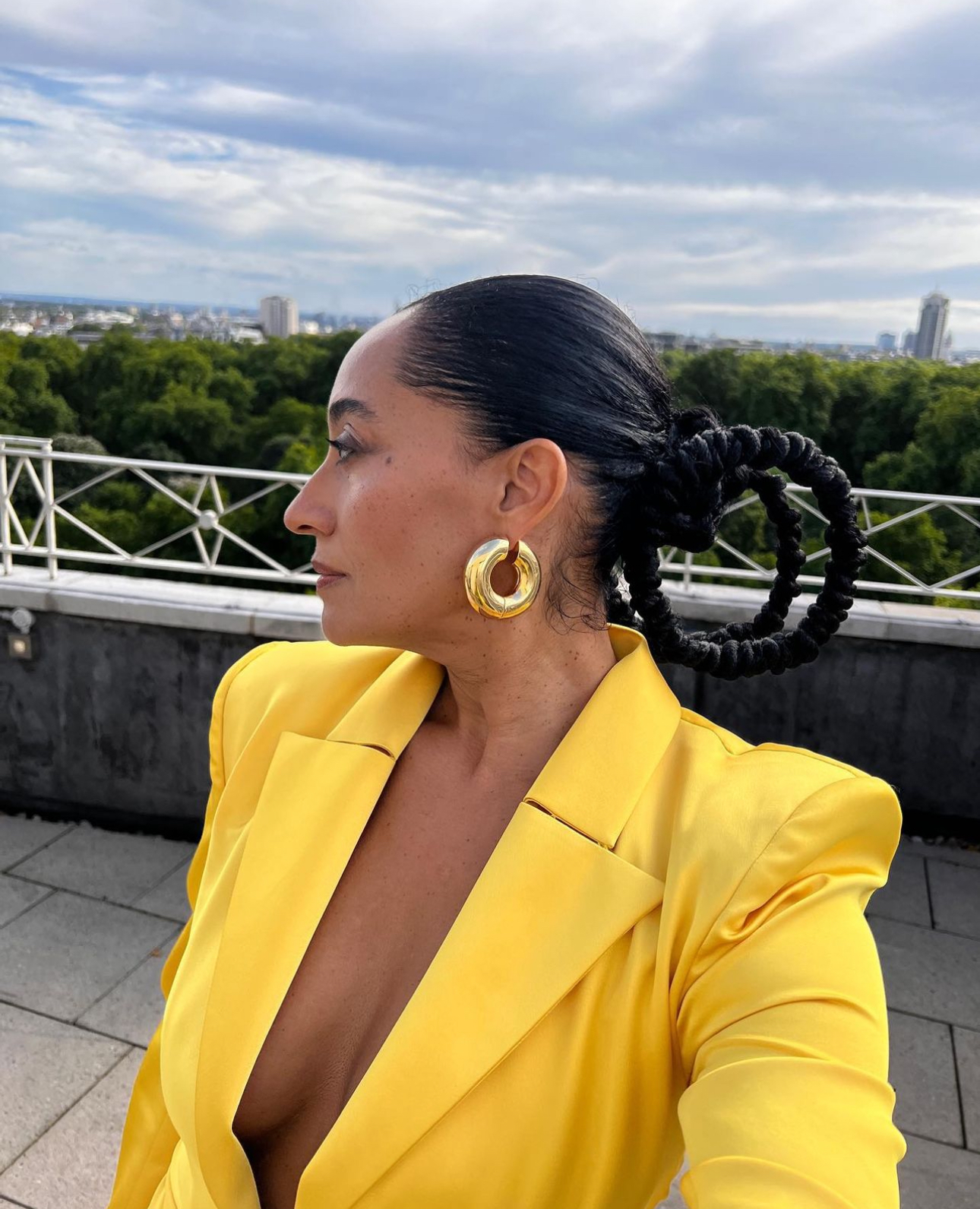Thousands of years before modern medicine, sages in India developed holistic techniques called Ayurveda. These practices aimed to improve the mind and body’s overall health through meditation and organic remedies. Beauty enthusiasts often cite Ayurvedic methods for long and strong hair, and with so many Indian women with Rapunzel-length tresses to sustain a booming human hair industry, there may be something to this alternative hair care regimen.
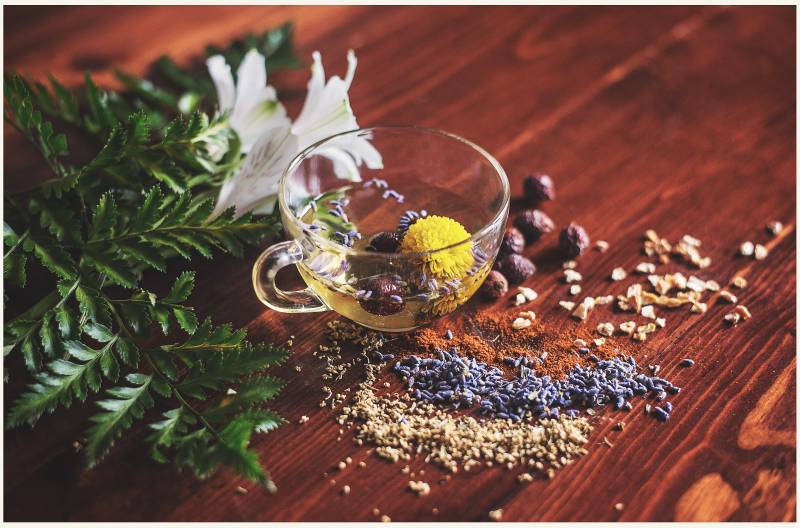
Ayurveda and Black Hair
Black hair is diverse. It can range from straight to loose waves and tight curls. On average, however, locks of those descended from the motherland or African diaspora tend to skew on the kinkier side. These textures are more prone to breakage because the scalp’s natural oil, sebum, has a difficult time traveling down the hair shaft- resulting in lack of moisture. Ayurvedic hair treatments can help combat fragility with hydrating and strengthening recipes.
Before you dive into Ayurveda, you need to understand your hair type to select a treatment that’ll help you achieve your desired results. Are you trying to color your hair naturally? Do want a deep conditioning mask? Does your hair need some thickening? Here are a few Ayurvedic terms that will help you determine what kind of recipe you should go for:
Vata: Hair that tends to thin, dry, frizzy and prone to split ends. A dry, flaky and itchy scalp are other common traits in a “vata imbalance.” These concerns are usually remedied with the use of oils, such as amla, coconut and neem, which all help to seal in moisture. Warming the oil and massaging it into your scalp promotes blood circulation and can enhance hair growth rates.
Pitta: Hair that is fine and prone to premature thinning and graying. Oftentimes, loss in hair density and color results from a changed metabolism or inflammation. Redness, irritation and scaling can accompany the scalp with a “pitta imbalance.” Treatments that include ingredients like aloe vera gel, shikaki powder and honey help to soothe inflamed or thinning hair, while henna and indigo dyes hair naturally.
Kapha: Hair that tends to be very thick and oily. Excess sebum and sweat production are the culprits that contribute to a weighed down, greasy appearance and clogged pores, also known as a “kapha imbalance.” Sebum-rich hair can be greatly lessened with ingredients like mint, lemongrass, lavender oil. Washing hair a few times a week will also help control oil production.
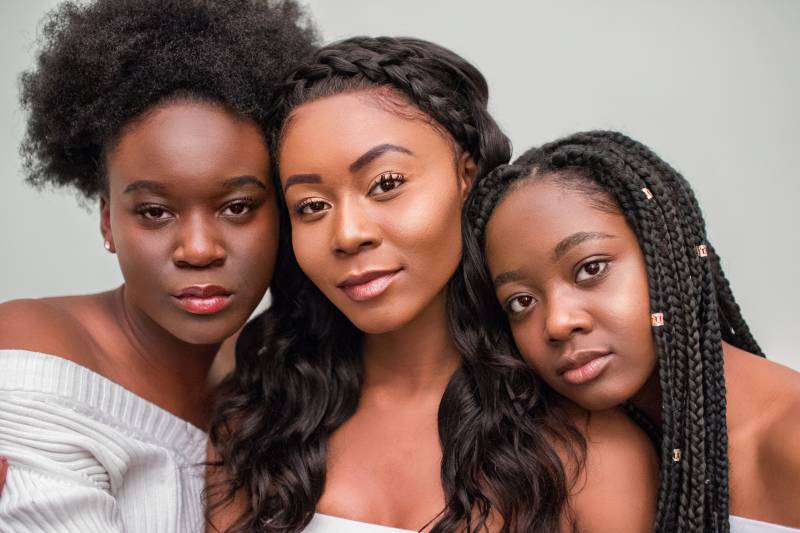
Building An Ayurveda Routine and Real Results
YouTuber Curly Proverbz (Farida) says Ayurveda strengthened her hair and helped it grow. Prior to her Ayurvedic hair journey, Farida deep conditioned regularly, trimmed her ends and ate well balanced meals, but still couldn’t retain length. However, that all changed when she included oils, henna and Ayurveda practices.
To start an Ayurveda hair regimen, Farida recommends trying out henna, amla, rose and aloe vera powder before creating your own “strengthening mask.” Other techniques she recommends include using gloss as a conditioner, rinsing hair with tea, and infusing herbs with oil. Farida also says it’s important to alternate and rotate your Ayurveda routines, it’s not necessary to treat your hair on a weekly basis.
Ayurveda Wedding Hair Prep Tips
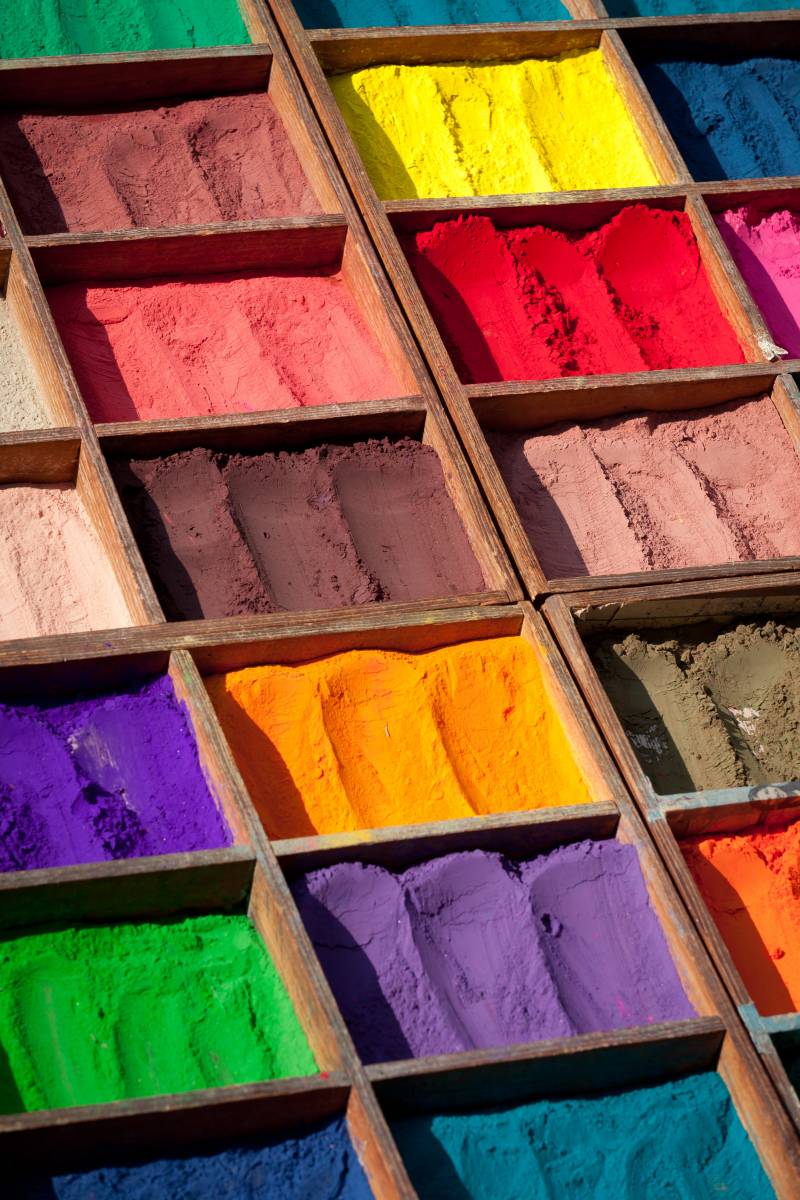
Powder Massage
Once a week, or as often as you feel necessary, massage your scalp with an Ayurvedic powder (brahmi, amla, henna, cassia, tea leaves). This will exfoliate dead skin and remove stubborn product buildup without the need for stripping cleansers. Having a clear scalp maximizes hair growth and overall health.
Oiling
Using a penetrating oil (coconut, olive, avocado, castor, camellia) will smoothen rough hair cuticles and seal in moisture. Heavier oils can be used on a weekly basis to combat brittleness, while lighter oils can be used daily to restore luster. Some Ayurveda enthusiasts like to leave oil in their hair overnight, but similar results can be achieved after 20 minutes.
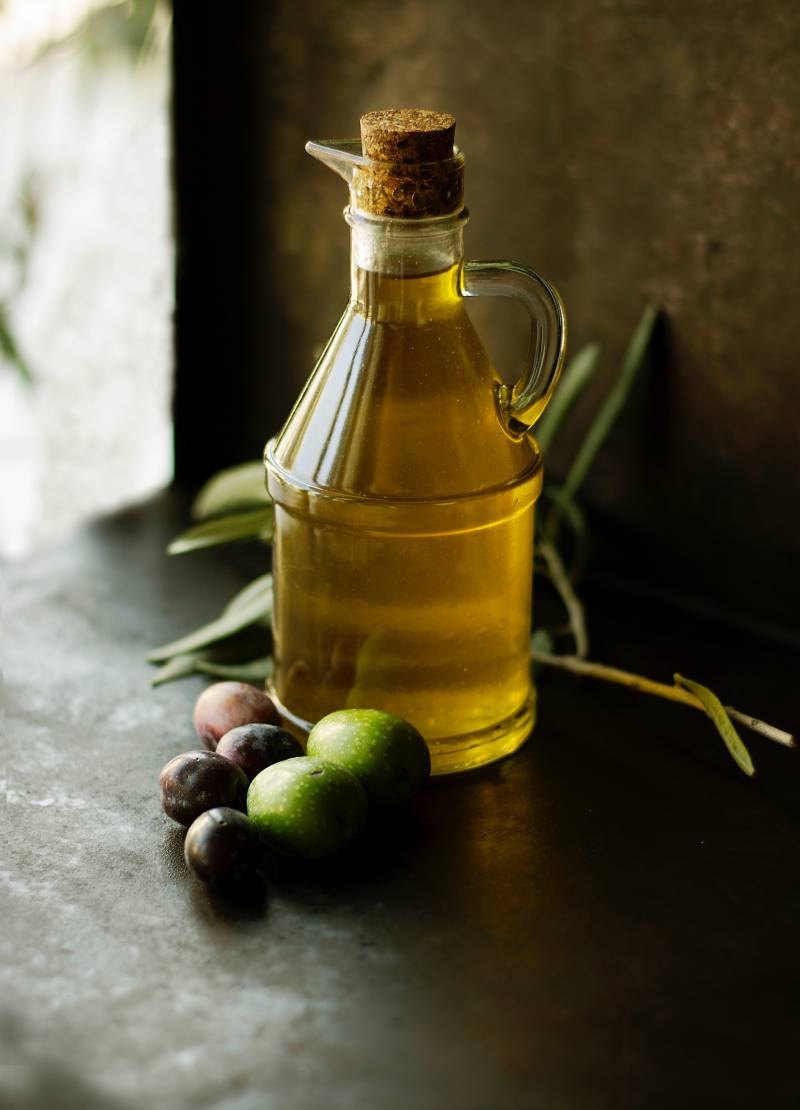
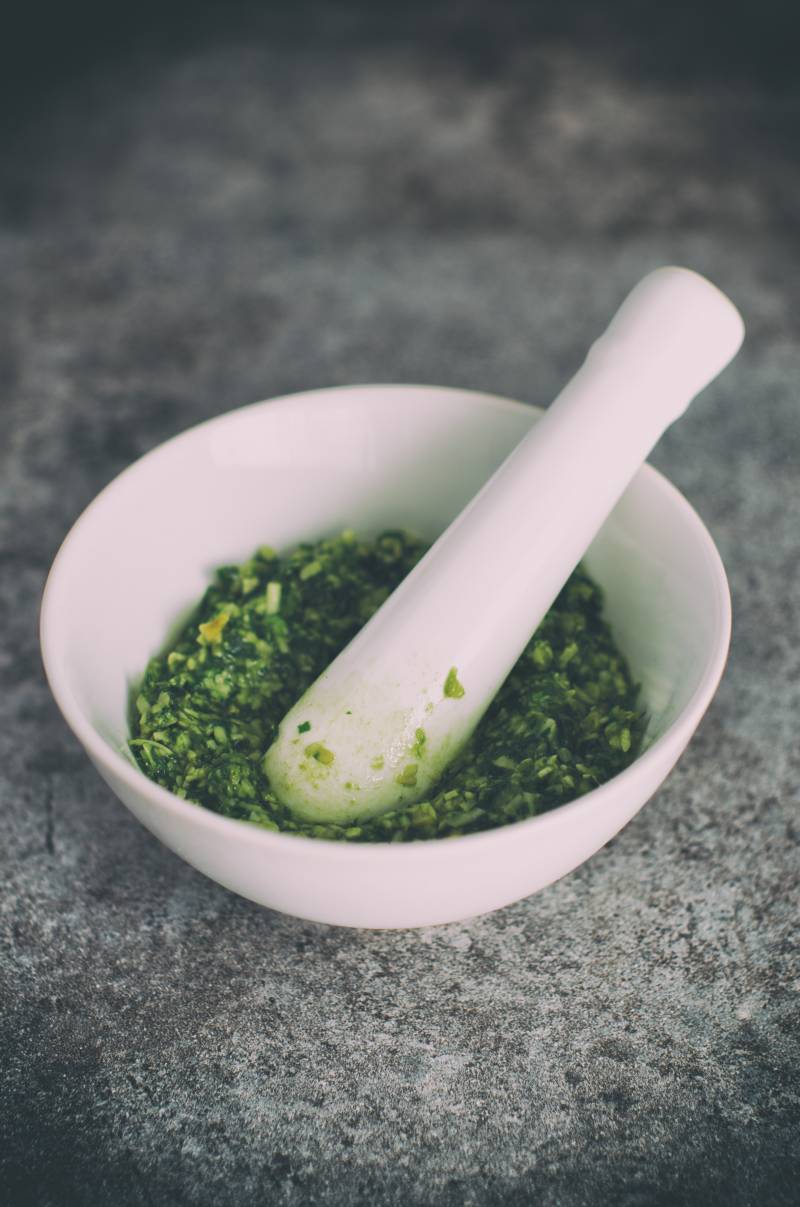
Blend Products
Creating an Ayurveda hair regimen doesn’t mean you have to get rid of the products you already have. You can easily blend Ayurvedic powders, oils and other key ingredients into your shampoos, conditioners and treatments. For example, you can add conditioning powders like hibiscus, marshmallow root and kalpi tone to minimize dryness.
DIY Masks
Making your own hair masks lets you figure out which ingredients work best for your hair And if your hair ever changes, you can adjust your Ayurveda concoctions accordingly. Numerous resources online offer step-by-step recipes that will moisturize and strengthen your hair. DIY hair masks made with fresh ingredients have a lifespan of about two weeks, so make sure to use it up before then.
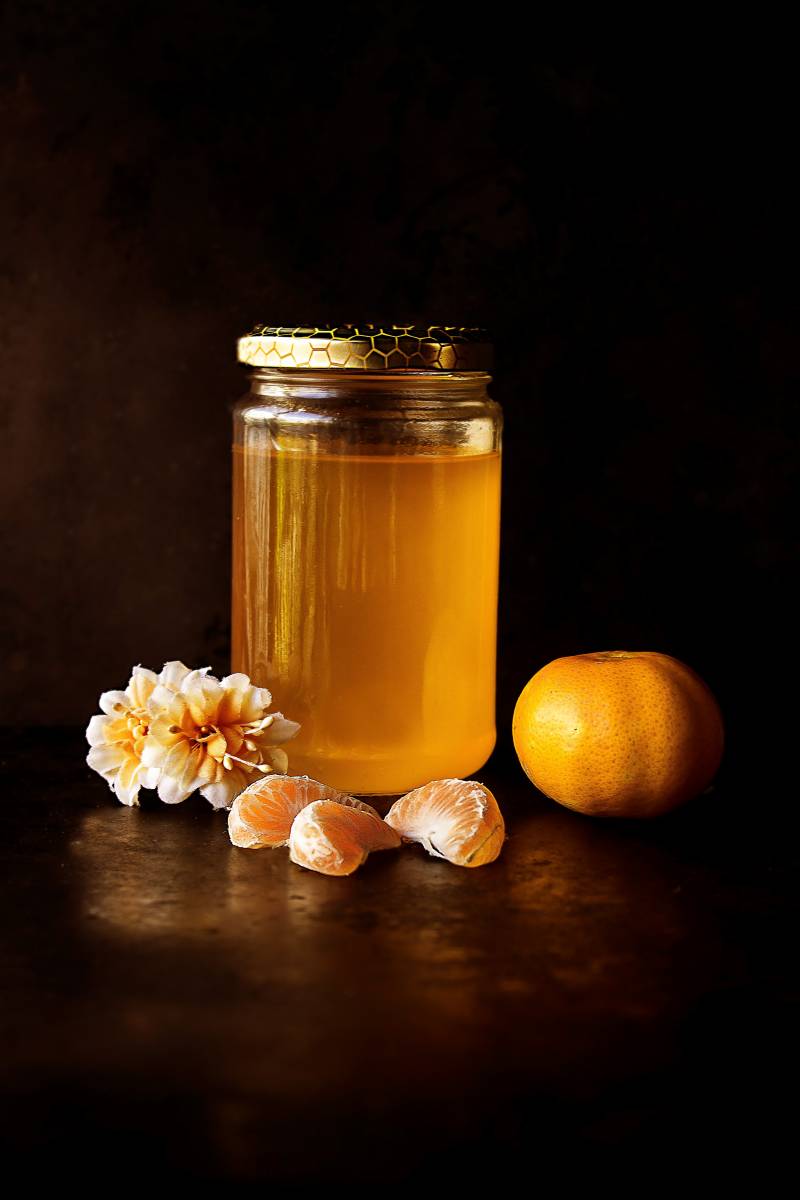

Purchase Kits
For those who lead busy lives and don’t have time to customize Ayurveda treatments can achieve similar benefits from Ayurveda beauty brands. Kama Ayurveda is a popular Indian company that makes a dedicated wedding prep kit called Three Months Before The Wedding. Kama’s Hair Care Regime is also worth a try, providing a rose and jasmine shampoo and cleanser duo, and Brigandi oil.
Visit Spas
If you’re willing to treat yourself before your special day, an Ayurveda spa is a great way to relax and get your hair in order. Key services you should keep an eye out for include standard hot oil treatments and Shirodhara, a luxurious forehead and scalp massage. Not only will your hair look fabulous, but you’ll get rid of any last minute wedding jitters while you’re at it.
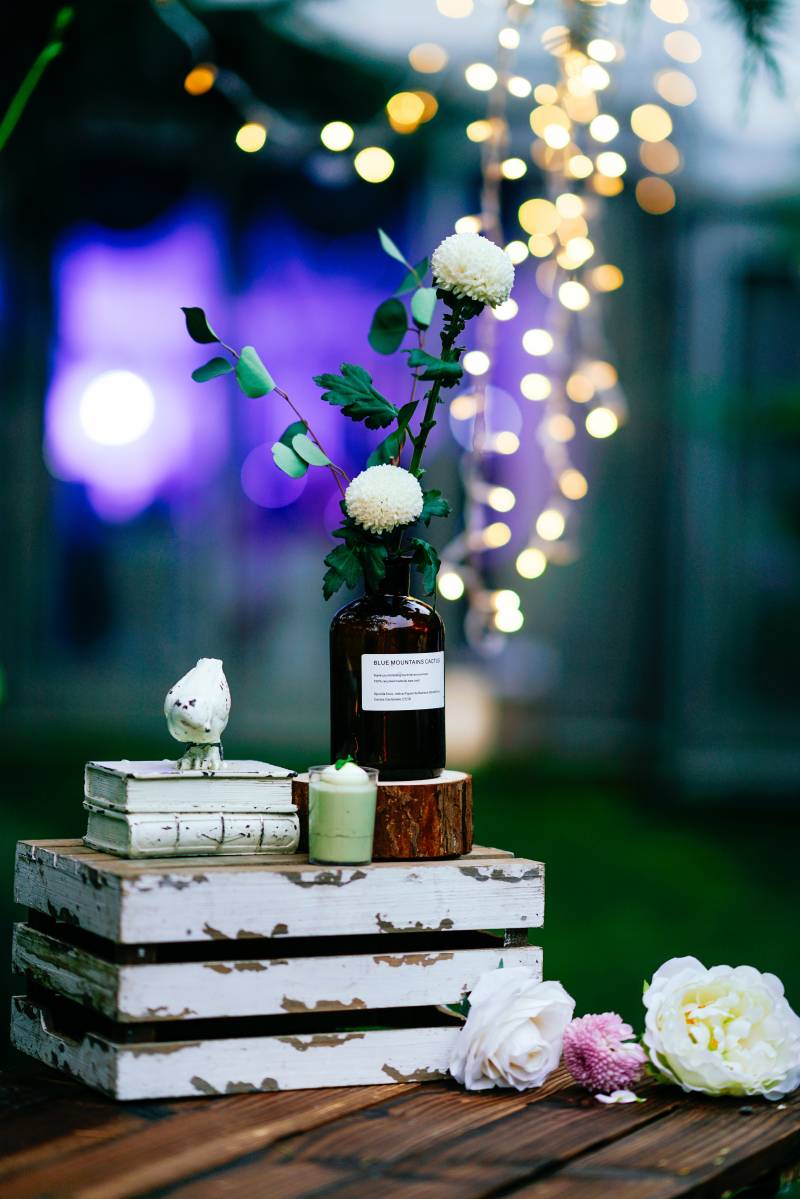
Would you try an Ayurveda-inspired hair regimen? Share your opinions down below!

